
Everyday Chemicals Are Screwing Up Your Testosterone
You may have already read my other article on 7 habits which are killing your testosterone. There was a section in that on Water because
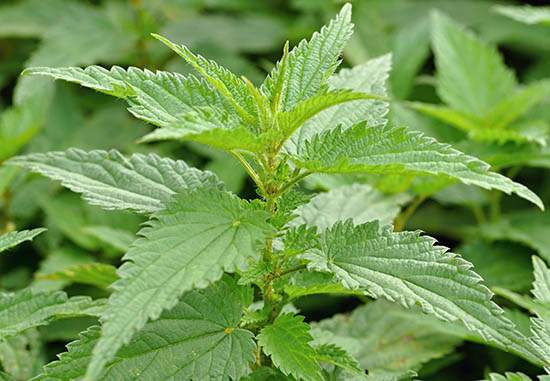
Stinging Nettle (Urtica dioica) is a weed native to Asia, Europe and North Africa but is often found in the yards of Americans too.
It’s name was given to it thanks to little spikes on its leaves that sting when you try to pull it.
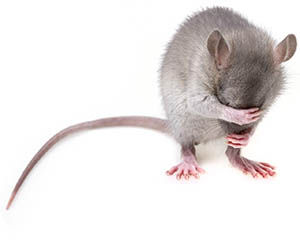
The short answer is no, stinging nettle does not boost testosterone!
In a double blind study on 257 men receiving 120 mgs of stinging nettle, twice each day for up to 48 weeks had zero effect on testosterone levels! (1)
A second study completed by 558 men, showed testosterone levels were completely “unchanged” by supplementation. (2)
So where did the idea that stinging nettle could improve testosterone come from and why is it in some of the most popular testosterone boosters on the market?
Stinging nettle was shown in a study on rats to “possibly” boost testosterone. (3)
Here is the real kicker about that study though. The rats were also being given testosterone injections at the same time! So there is no proof that nettle even increases testosterone in rats.
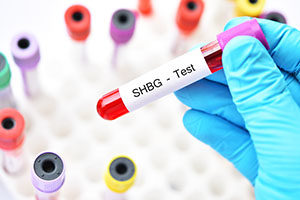
There have been other studies performed on rats and in petri-dishes showing that stinging nettle may reduce sex hormone binding globulin (SHBG) and/or be a 5-alpha-reductase inhibitor. (4, 5).
5-alpha-reductase forms dihydrotestosterone (DHT) from testosterone so in theory by preventing this conversion you could maintain higher levels of free testosterone.
However, once again the human studies do not show any increase in free testosterone levels so the results do not seem to translate from rats and petri-dishes to humans.
In addition to that, DHT is an extremely powerful androgen and strong estrogen blocker so it’s not something you necessarily want to block anyway. (6)
SHBG, is a protein made in the liver that binds to hormones such as estrogen and testosterone and transports them throughout your body via your blood.
This is a good thing in general but when SHBG is too high it may keep your testosterone bound up instead of being free for use.
Yet again though, the studies on humans do not show any increase in free testosterone levels so any effect stinging nettle has on SHBG is too small to see a benefit as far as testosterone goes.
Stinging nettle does have three possible health benefits, although its effects on all 3 are pretty minor at best according to the research.
If you suffer with BPH, seasonal allergies or joint pain, stinging nettle is certainly worth trying although you shouldn’t expect significant improvements based on the research to date showing minimal effects.
If you are trying to increase your testosterone, there is literally zero scientific proof of benefit from it, so don’t waste your money.
Check out our article showcasing the Best Testosterone Boosters to learn what supplements and foods do work!
Force X7 is based off of human backed case studies so you can be sure you are getting both healthy and powerful ingredients.
In fact, we formulated Force X7 with 13 different vitamins, minerals and herbs designed to work in harmony and address several key areas to help boost your testosterone levels.
Our lead product developer Robert Clark is extremely proud of this product and we know when you compare it to everything else out there are on the market today, you are going to be just as impressed by what is in Force X7; as by what we didn’t put in it!
References

You may have already read my other article on 7 habits which are killing your testosterone. There was a section in that on Water because
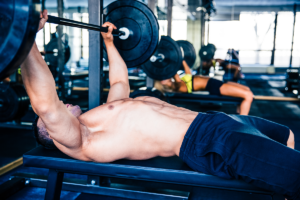
Rhodiola Rosea stands out as a potent adaptogenic herb with a rich history of traditional use and a growing body of scientific research. Revered for
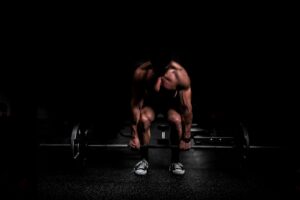
In this comprehensive article, we will explore what L-tyrosine is, its benefits as a pre-workout supplement, the correct dosage, and other potential health benefits it

Betaine anhydrous is becoming an increasingly popular ingredient for pre-workouts. In this article, we will explore the fundamentals of betaine anhydrous, its connection to carnosine,

Beta-alanine is a pre-workout powerhouse. From boosting workout performance to potential anti-aging effects, discover why this amino acid is a favorite among health buffs.

You may have already read my other article on 7 habits which are killing your testosterone. There was a section in that on Water because

Rhodiola Rosea stands out as a potent adaptogenic herb with a rich history of traditional use and a growing body of scientific research. Revered for

In this comprehensive article, we will explore what L-tyrosine is, its benefits as a pre-workout supplement, the correct dosage, and other potential health benefits it
Discount Applied Successfully!
Your savings have been added to the cart.